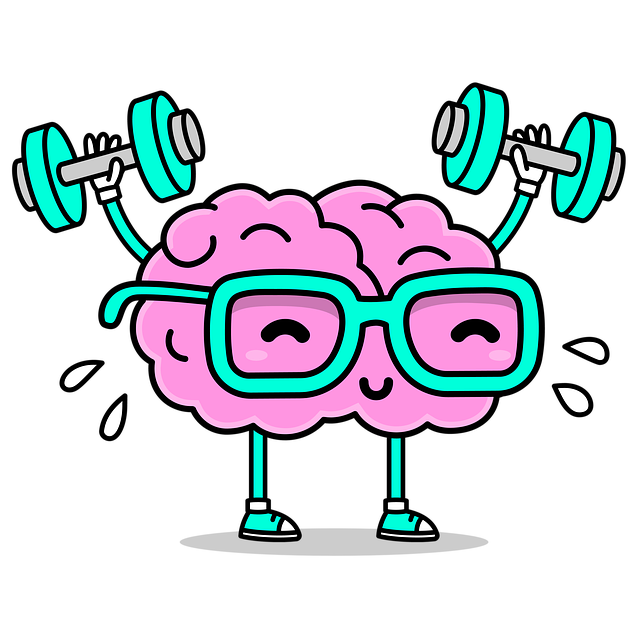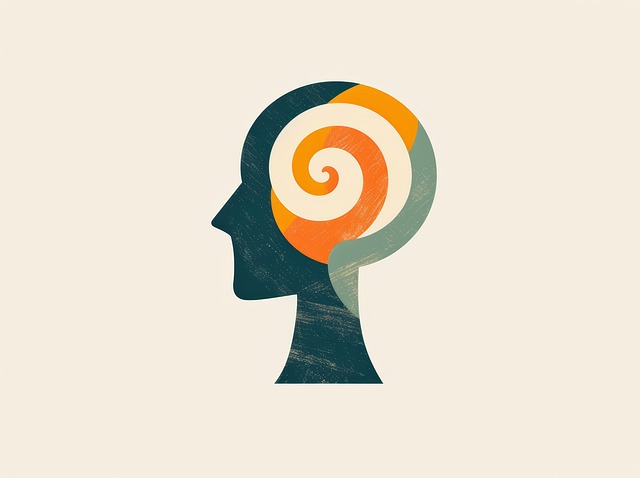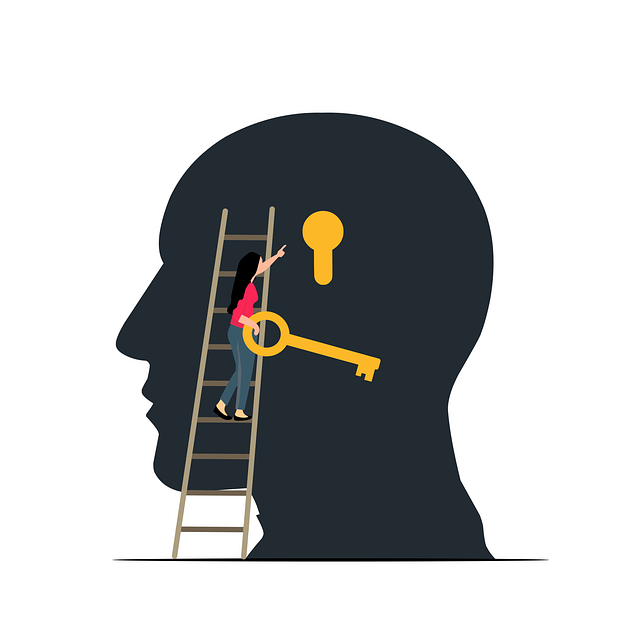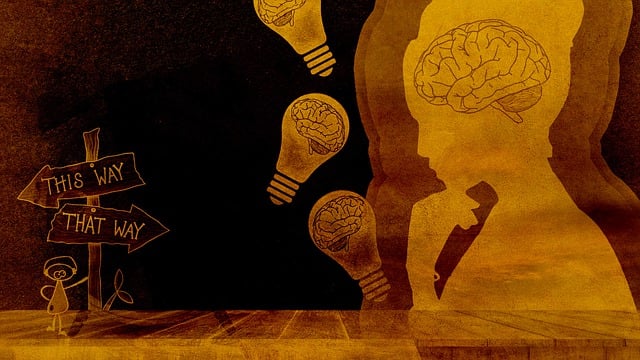Lone Tree Gambling Therapy offers a unique, game-changing approach to emotional regulation by combining mindfulness practices, cognitive strategies, and controlled gambling scenarios. By cultivating present-moment awareness, challenging negative thoughts, and learning to balance risk and reward, individuals gain tools to manage impulsive behaviors, reduce stress, and improve overall well-being. Incorporating simple practices like meditation, deep breathing, and journaling into daily routines can enhance mental wellness and prevent excessive reliance on Lone Tree Gambling Therapy. Structured coaching programs guide individuals in integrating these activities for inner calm, resilience, and emotional stability.
Mood regulation is a vital skill in managing emotional well-being, especially for those dealing with emotional dysregulation. This article explores various strategies to enhance your ability to navigate and stabilise your moods. We delve into the power of mindfulness and cognitive techniques as foundational practices. Additionally, we introduce an innovative approach: Lone Tree Gambling Therapy, offering a unique perspective on mood management. Discover practical tools to incorporate into daily life, revolutionizing your emotional response and fostering resilience.
- Understanding Mood Regulation: The Role of Mindfulness and Cognitive Strategies
- Lone Tree Gambling Therapy: A Unique Approach to Managing Emotional Dysregulation
- Practical Tools for Daily Life: Incorporating Mood Regulation Techniques into Your Routine
Understanding Mood Regulation: The Role of Mindfulness and Cognitive Strategies

Understanding Mood Regulation involves recognizing the intricate interplay between our thoughts, emotions, and behaviors. Mindfulness, a core component of Lone Tree Gambling Therapy, plays a pivotal role in this process. By cultivating present-moment awareness, individuals can observe their emotional reactions without judgment, thereby breaking the cycle of impulsive responses that often lead to heightened stress or negative outcomes. This practice is particularly beneficial for healthcare providers, who frequently face high-pressure situations and are at risk of burnout (Burnout Prevention Strategies for Healthcare Providers).
Cognitive strategies, another important tool in mood regulation, involve challenging negative thought patterns and replacing them with more balanced perspectives. This involves critical examination of one’s thoughts, much like Risk Management Planning for Mental Health Professionals approach their cases. By questioning the validity and helpfulness of negative thoughts, individuals can reframe situations in a more positive light, fostering resilience and emotional stability. These strategies empower individuals to take proactive control over their mental health, promoting overall well-being.
Lone Tree Gambling Therapy: A Unique Approach to Managing Emotional Dysregulation

Lone Tree Gambling Therapy offers a unique and innovative approach to managing emotional dysregulation. This therapeutic technique leverages controlled gambling scenarios to help individuals develop healthier coping mechanisms and improve their emotional regulation skills. By engaging in strategic gambling activities, clients learn to balance risk and reward, mirroring real-life decision-making processes. This method not only provides anxiety relief but also equips individuals with tools to prevent depression by fostering a sense of control and accomplishment.
The therapy’s core principle is to create a safe environment where participants can gradually confront their emotional challenges. Through carefully designed games, they learn to manage impulsive behaviors and understand the impact of their choices. This process empowers them to apply these learnings in everyday situations, enhancing their overall well-being and quality of life. Lone Tree Gambling Therapy stands out as a game changer in the field of emotional regulation, offering a fresh perspective on treating conditions like anxiety and depression.
Practical Tools for Daily Life: Incorporating Mood Regulation Techniques into Your Routine

Incorporating mood regulation techniques into your daily routine can be a powerful tool for enhancing mental wellness and preventing excessive Lone Tree Gambling Therapy. Simple practices like mindfulness meditation, deep breathing exercises, and journaling can serve as practical tools to help manage emotions effectively. These activities allow individuals to develop coping skills that enable them to navigate stressful situations with more balance and composure.
Mental Wellness Coaching Programs Development offers structured guidance for integrating these practices into a consistent routine. By setting aside dedicated time for mood management, one can cultivate a sense of inner calm and resilience. This proactive approach not only supports overall mental wellness but also serves as a valuable resource in mitigating the negative impacts of gambling-related issues. Coping Skills Development is a key aspect that equips individuals with effective strategies to handle triggers and maintain emotional stability, ultimately fostering a healthier relationship with activities like gambling.
In conclusion, understanding and regulating mood effectively is a powerful tool for enhancing well-being. This article has explored diverse strategies, from mindfulness and cognitive approaches to innovative therapies like Lone Tree Gambling Therapy, offering practical insights for managing emotional dysregulation. By incorporating these techniques into daily life, individuals can gain greater control over their moods, fostering resilience and improving overall mental health.














